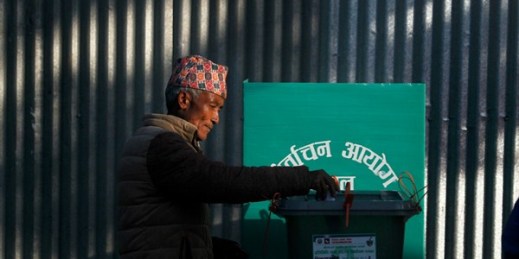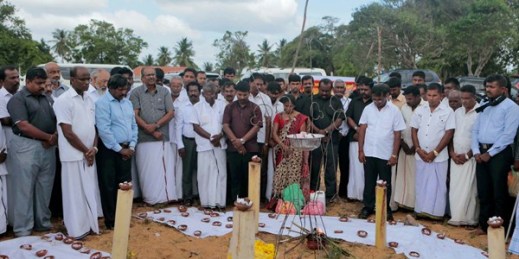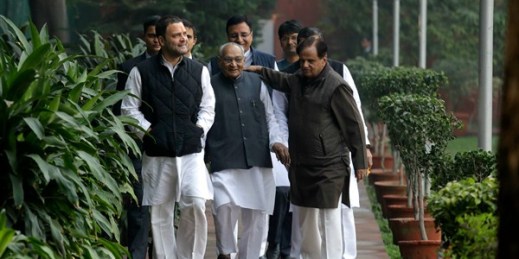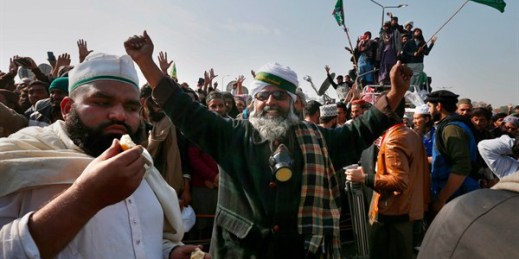
KATHMANDU, Nepal—Scarred by a civil war in the 1990s, and sapped by constitutional crises in the decade after, Nepal is finally facing some prospect of electoral democracy and constitutional stability. On Dec. 7, it successfully concluded elections for national and state legislatures, implementing the most important and challenging aspects of its 2015 constitution, which was adopted despite sustained opposition from some ethnic minority groups. The elections were a landmark moment for a Nepali state experimenting with the devolution of power at municipal, state and federal levels all at once and for the first time since the formation of the Kingdom […]



